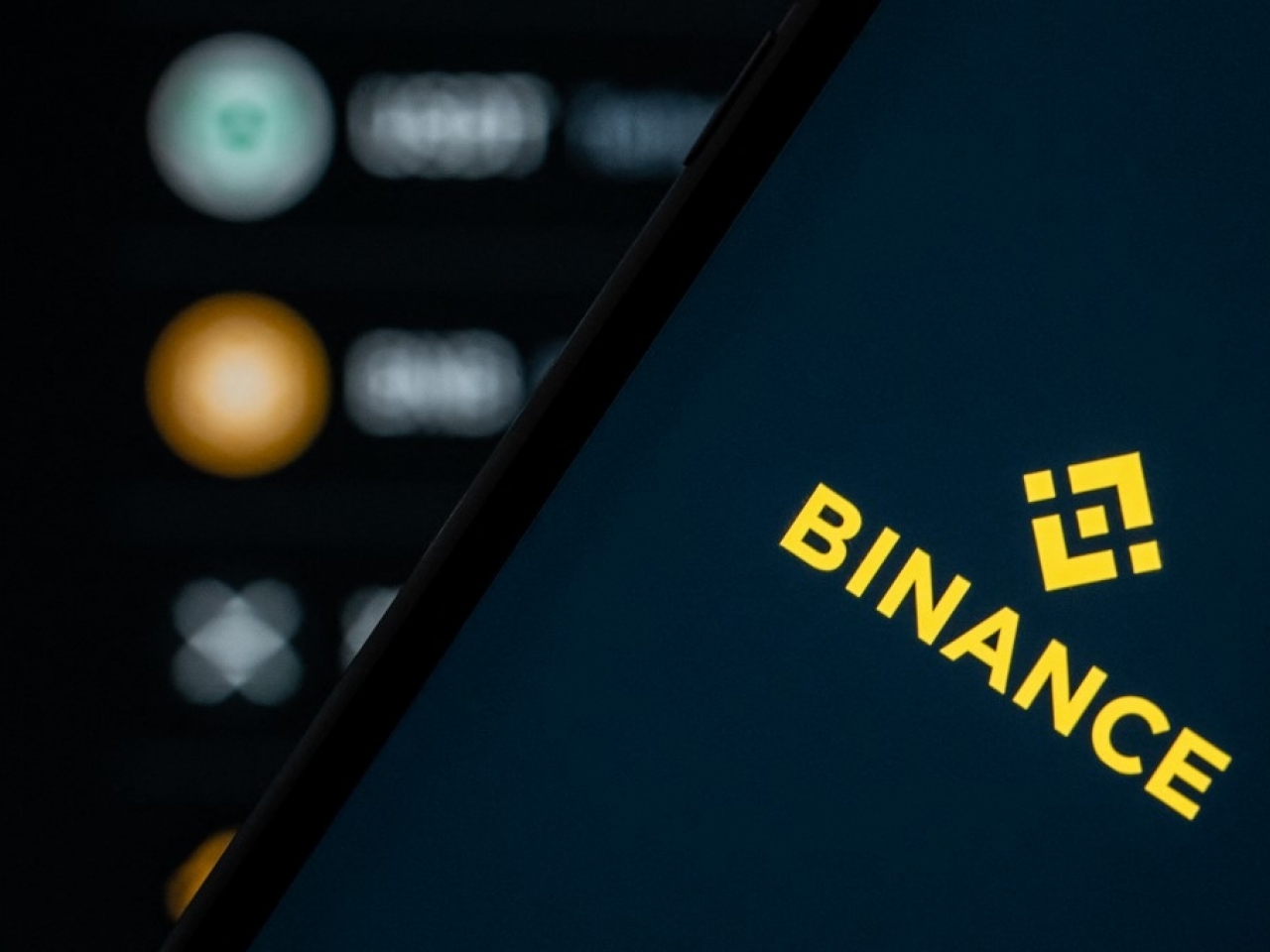WHO, IBM and Microsoft jointly develop blockchain project MiPasa to build a hot map of people with new crown pneumonia infection
According to Decrypt on March 30, in order to make it easier for people to see if they have contacted anyone infected with the new crown virus COVID-19, the World Health Organization (WHO) and technology giants IBM, Oracle, Microsoft, and the decentralized platform Hacera The collaboration created an open data blockchain hub.

The aforementioned project, based on the enterprise blockchain Hyperledger Fabric, is called MiPasa, and it includes a variety of analytical tools and data sources to help citizens and public health officials find out about new crown virus infections.
Hacera wrote in a blog post on Friday:
- Introduction to Blockchain | Re-understanding BTC Time Chain, Mining Rewards and OTC Trading
- 2019 financing report: DeFi replaces ICO, financing focus shifts to China
- Blockchain Policy | 22 Provinces Write Blockchain into 2020 Government Work Report
Public health officials and users who use the system can upload data on the time of infection and the exact location of patients.
It is worth noting that MiPasa does not collect any personal information from users, but if someone nearby is infected with the new crown virus, MiPasa will promptly remind them.
Hacera said that MiPasa has received data from the World Health Organization, the Centers for Disease Control and the Israeli Ministry of Public Health, and the project is currently using the data to build a heat map of all infected people.
Hacera wrote in his latest blog post:
The data analysis and privacy tools used by MiPasa were previously only open to some important financial institutions.
A multidisciplinary team of health professionals, software and application developers, and privacy experts has begun supporting the project. The decentralized platform Unbounded Network is responsible for system data online.
Johns Hopkins University, the Hong Kong Department of Health, the National Health Council of China, the United States and European Centers for Disease Control and Prevention, and the Canadian government have also joined MiPasa.
Decrypt previously reported that MIT experts are developing an application similar to tracking coronavirus, which also puts users' privacy first, but it does not use blockchain technology. The app will remain anonymous to uninfected users and will promptly notify those who have close contact with patients with New Crown.
It is very important to maintain the integrity of the information when the patient's life is threatened, and because of the immutability of blockchain technology, it is usually the best choice to create a verifiable database project.
Elastos DMA, a Shanghai-based blockchain company, announced earlier this month that it is developing an application that records user health information on the blockchain. This application, called GreenPass, encrypts the user's location information and stores the hash value corresponding to the user data on the blockchain.
This article has been authorized for translation by DecryptMedia.com
We will continue to update Blocking; if you have any questions or suggestions, please contact us!
Was this article helpful?
93 out of 132 found this helpful
Related articles
- Bitcoin weekly report | 3.12 impact further weakened, core data on the chain dropped by more than 20%
- Opinion | Si Xueming: Blockchain applications are diversifying, and they will be widely deployed in the real economy in the next three years
- PA Weekly | FCoin Filed Case in Hunan; Multiple Exchanges Cooperate with South Korean House Investigation
- History of blockchain 1.0 to 3.0: is Bitcoin dead in Satoshi's vision?
- Babbitt Column | I see the "three 1s" of cryptocurrency investment
- Data | DeFi Transaction Cannibalizes Ethereum Block Capacity
- Week in review: Bitcoin prices fluctuate, US stocks laugh






